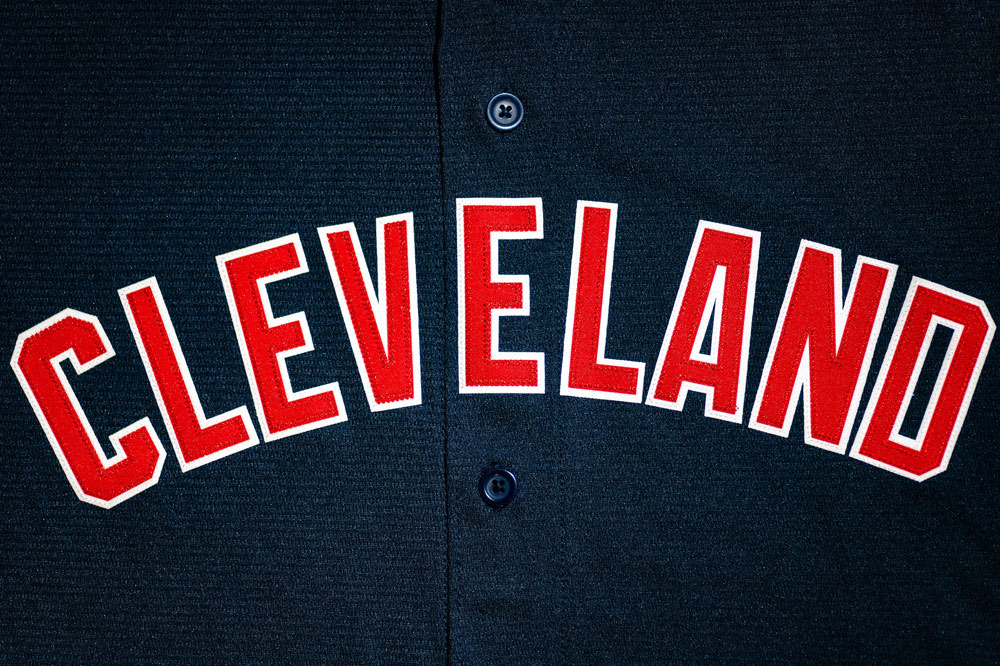
December 14, 2020; New York Times and NBC News
After years of protests from fans and Native American groups, the owners of Cleveland’s major league baseball franchise have decided to change their team’s name. As David Waldstein and Michael Schmidt report in the New York Times, “The Cleveland baseball franchise has been known as the Indians since 1915, but Native American groups and others have for decades opposed the use of Indigenous names, mascots and imagery for sports teams, insisting they are demeaning and racist.” The action by the Cleveland baseball team follows an earlier action it took nearly three years ago to remove its mascot, Chief Wahoo, a symbol that National Museum of the American Indian curator Paul Chaat Smith, Comanche, called “an outrageous, racist caricature.”
In a statement, Cleveland baseball team CEO Paul Dolan made clear that the action to change the team name came in response to the national racial justice uprisings that followed the murder of George Floyd. As Dolan writes:
Today’s decision is the result of a process that began in June, following our public commitment to take a leadership role in helping address many of the social challenges affecting our community and to support the underserved and under-represented groups in Greater Cleveland. After we made this commitment, I, and many other across the organization, spent time reflecting on the role our franchise plays in the community at large and our responsibilities as community leaders inside our organization. As a result, in July, the organization announced we would begin a process of listening, learning, and then action on the best path forward relative to our team name.
There is also a connection between the changing of the name of Cleveland’s baseball team and the changing of the name of the Washington football team back in July. Notably, Cleveland team owners announced the initiation of their review process just hours after the Washington team announced it would change its name.
Among the findings of the listening process, the Cleveland team reports, “Many of the Native Americans we spoke with described feeling as though the true narrative of their people—the story of who they are—has been erased and replaced by things like our team name. For local Native families, the name can make it especially challenging for children to find a place for their Native identity in the community around them.”
Ultimately, the team decided that “building an inclusive relationship with the broader Cleveland community” of the city’s communities of color in general (60 percent of the city’s population), not just Native communities, required a change in name.
Sign up for our free newsletters
Subscribe to NPQ's newsletters to have our top stories delivered directly to your inbox.
By signing up, you agree to our privacy policy and terms of use, and to receive messages from NPQ and our partners.
Cleveland’s baseball team has chosen a different implementation strategy than did the Washington football team. At least as announced, while both teams plan to eventually rename the teams after a public consultation process, Washington is presently operating without a team nickname, while the letter from Dolan says the team will continue to use the “Indians name and branding” until a new name is selected. According to the Times, that mean that the name stays the same in 2021, with a new name introduced before the beginning of the 2022 season.
How did the team end up with its current name in the first place? Waldstein and Schmidt write that “the club has said that the name was originally intended to honor a former player, Louis Sockalexis, who played for the Cleveland Spiders, a major league club, in the 19th century and was a member of the Penobscot Nation.”
However, Barry Dana, chief of the Penobscot nation from 2000 to 2004, informs Erik Ortiz of NBC News that the club’s story leaves out some critical details.
It is true, notes Dana, that Sockalexis was the first known Native American pro baseball player and played for Cleveland. It was also true, however, that when Sockalexis first came to play baseball in Cleveland in the late 1890s, “Indian” was used as a pejorative by the white audiences who came to see him play.
“He faced a lot of racism,” Dana adds that “as long as one name, one image, and one mascot remain, you will continue to have the perpetuation of stereotyping of Native people. I know in their heart, some people believe it’s honoring Native people, but this is found to be harmful.”
One option being floated by some Cleveland baseball fans is the Spiders, the name of the team when Sockalexis played baseball for Cleveland in the 1890s. Certainly, that name would be a better way to honor him than to name the team after an epithet widely shouted at Sockalexis when he played.—Steve Dubb













